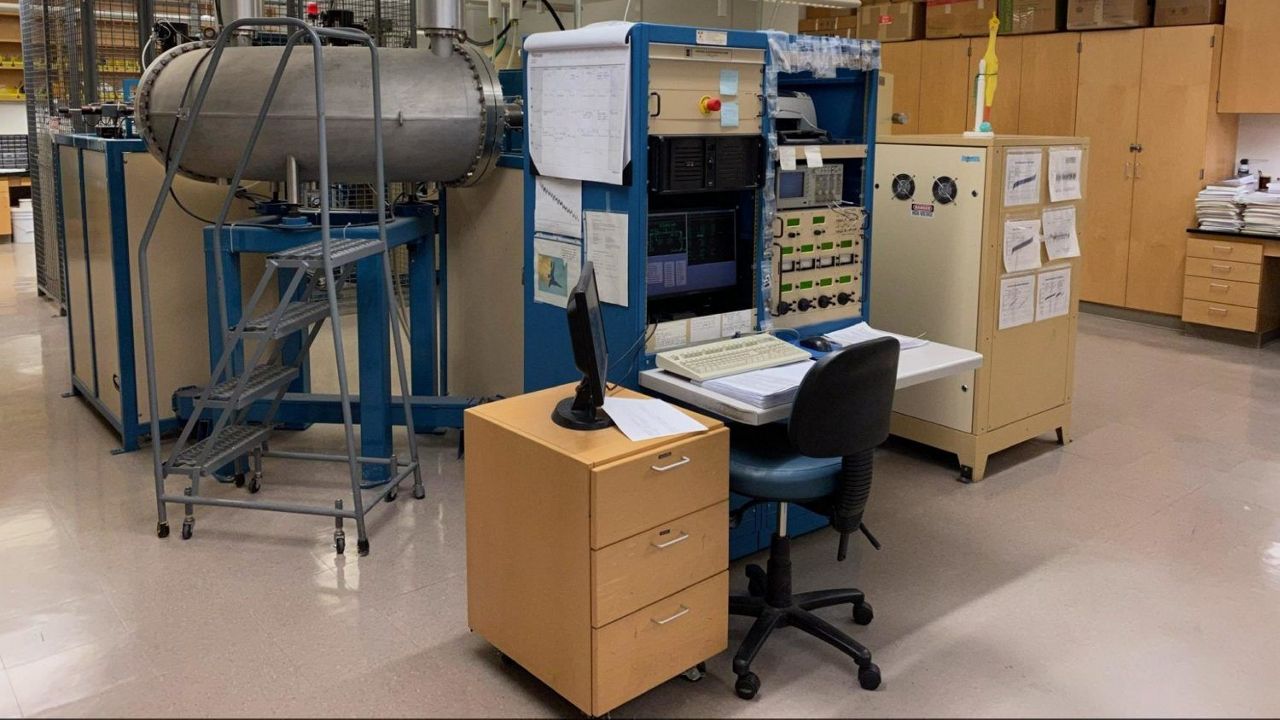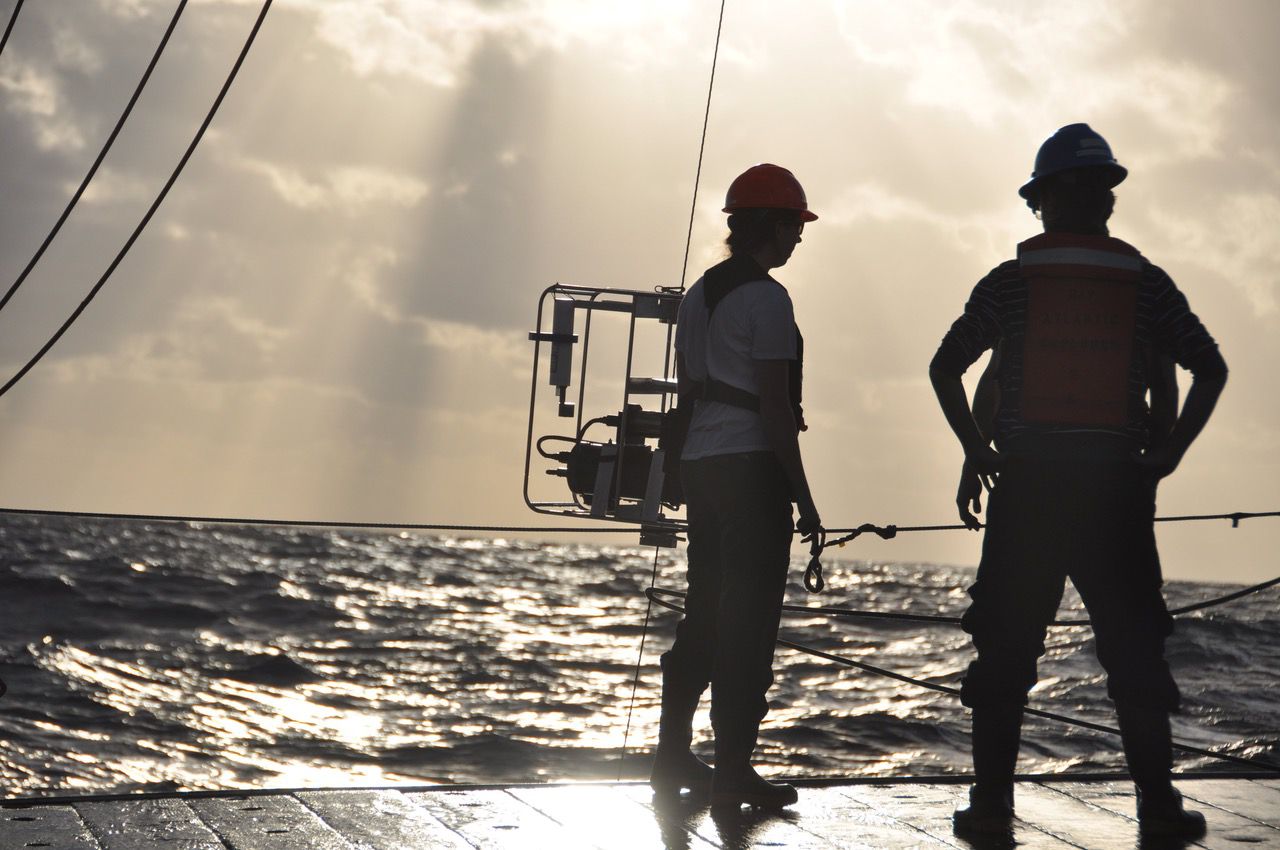New research from earth scientists shows that the Pacific Ocean plays a significant role in our climate regulation, lowering greenhouse gases.
Patrick Rafter, an assistant researcher in Earth system science at the University of California Irvine, found this to be the case by analyzing ancient fossils from over 20,000 years ago.
“The motivation for me is to understand how the global climate machine works,” explained Rafter.
In his research published in “Science Advances” he says the circulation of the Pacific Ocean has enhanced the capture of carbon dioxide, which helped decrease the amount of greenhouse emissions in the Earth’s atmosphere during the last ice age which was 11,700 years ago.
Rafter told me that the deepest waters of the Pacific Ocean are mixing, which allows for the ocean to store more carbon dioxide away from the atmosphere.
“It appears from my results that ocean circulation can change pretty rapidly and that can affect how greenhouse gases like carbon dioxide are stored in the ocean versus up in the atmosphere where they could warm us,” Rafter said.
Patrick Rafter on a fossil recovery mission in the Bermuda in 2013. (Patrick Rafter)
To support his research, Rafter and his team went through an extensive process known as carbon dating.
Carbon dating is a process to determine the age of organic materials.
He and his colleagues took fossil radiocarbon measurements to the show the effect on carbon dioxide absorption, carbon storage and climate.
His team used the W.M. Keck Carbon Cycle Accelerator Mass Spectrometer Facility at the university to carbon date fossils. Look at the video above to see how the carbon dating process works.

W.M. Keck Carbon Cycle Accelerator Mass Spectrometer Facility (UC Irvine)
Our team of meteorologists dives deep into the science of weather and breaks down timely weather data and information. To view more weather and climate stories, check out our weather blogs section.

